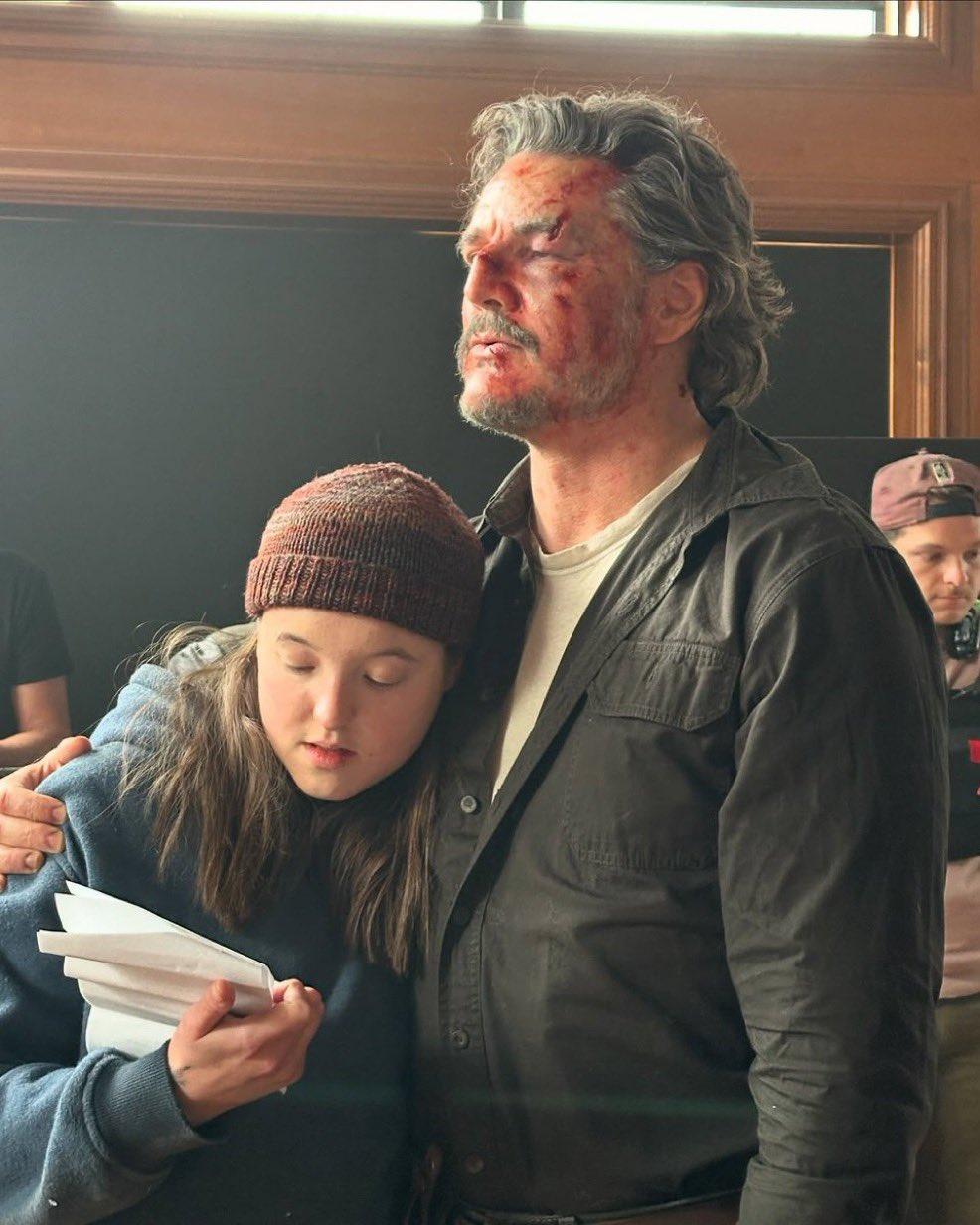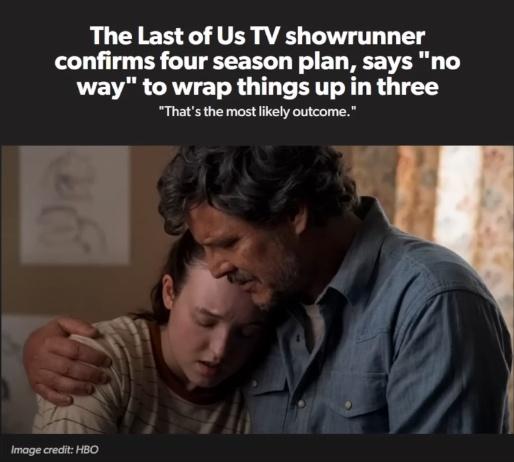HBO’s The Last of Us has captivated audiences worldwide with its gripping storytelling, stellar performances, and faithful adaptation of the beloved Naughty Dog video game. However, recent news from showrunner Craig Mazin has sent shockwaves through the fandom: the series, originally expected to wrap up in three seasons, will now extend to a fourth. This revelation, paired with the emotionally charged narrative of revenge in Season 2, has sparked heated discussions among fans. Is this extension a brilliant move to flesh out Ellie and Abby’s story, or does it risk overstretching a narrative that thrives on intensity? Let’s dive into what this means for the series and why it’s generating such buzz.

Craig Mazin, alongside co-showrunner Neil Druckmann, recently confirmed to Collider that the narrative of The Last of Us Part II is too expansive to be contained within just two additional seasons. “There’s no way to complete this narrative in a third season,” Mazin stated, emphasizing that a fourth season is “the most likely outcome” to do justice to the story. This decision comes as HBO greenlit Season 3 before Season 2 even premiered, signaling confidence in the show’s trajectory. But with Season 2 already diverging from the game—most notably with Ellie and Dina driving the revenge arc instead of Tommy—fans are both intrigued and apprehensive about how the story will unfold over an extended run.

The second season, currently airing on HBO and Max, has introduced pivotal characters like Abby (Kaitlyn Dever), whose quest for vengeance mirrors Ellie’s (Bella Ramsey) own journey after a devastating loss. The show’s decision to explore these parallel paths of revenge has already stirred debate, with some praising the emotional depth and others questioning the pacing. By stretching the narrative to four seasons, Mazin and Druckmann aim to give each character’s arc the room it needs to breathe, potentially deepening the impact of their choices in a post-apocalyptic world ravaged by loss and survival.

The Last of Us Part II is a sprawling game, known for its complex narrative and morally ambiguous characters. Unlike the first game, which was neatly adapted into Season 1’s nine episodes, the sequel’s story is far more intricate, weaving together multiple perspectives and timelines. Mazin has hinted at taking “interesting pathways” to expand on the source material, much like the acclaimed Bill and Frank episode in Season 1. This approach suggests that Seasons 3 and 4 could introduce new storylines or delve deeper into characters like Dina (Isabel Merced) or the mysterious Isaac (Jeffrey Wright), whose role in Season 2 has left fans hungry for answers.
Moreover, the decision to extend the series aligns with HBO’s strategy to maximize the show’s cultural impact. The Last of Us Season 1 was a record-breaking hit, becoming HBO’s most-watched debut season ever. With Season 2 drawing in new viewers and retaining the game’s loyal fanbase, HBO is banking on the show’s ability to sustain momentum over multiple seasons. Posts on X reflect this excitement, with users like @CultureCrave noting that Mazin has no plans to extend beyond the game’s story, ensuring a focused narrative arc.

However, not all fans are thrilled about the four-season plan. On Reddit, some have expressed concerns that extending The Last of Us Part II across three seasons could dilute the story’s intensity. One user remarked, “Assuming Season 3 is the Abby storyline, that means it’ll be 2029 at a minimum before we continue Ellie’s story.” This sentiment highlights a potential pitfall: splitting the narrative too thinly risks losing viewers who crave the tight pacing of Season 1. Additionally, the absence of Pedro Pascal’s Joel in large stretches of Season 2 has left some fans feeling disconnected, with many praising his chemistry with Ramsey as the show’s heart.
There’s also the question of whether HBO can maintain the show’s high production quality over four seasons. The game’s controversial narrative choices, particularly around Abby’s arc, could polarize viewers if not handled with care. Mazin’s assurance that he won’t go beyond the game’s story offers some reassurance, but adapting a divisive story over an extended period will test the showrunners’ ability to balance fidelity with creative freedom.

As Season 2 approaches its finale, the buzz around The Last of Us shows no signs of slowing down. The introduction of new characters, coupled with changes like the omission of Tommy’s solo revenge arc, suggests that Mazin and Druckmann are crafting a unique experience that respects the source material while carving its own path. The promise of a “significantly larger” Season 3 and a potential Season 4 has fans speculating about how the show will tackle unresolved mysteries, such as the conflict between the WLF and the Seraphites.
For now, The Last of Us remains a must-watch for its raw emotional power and stunning visuals. Whether you’re rooting for Ellie, intrigued by Abby, or simply along for the ride, the show’s expansion to four seasons promises a deeper dive into a world where revenge comes at a steep cost. Will HBO’s gamble pay off? Only time will tell, but one thing is certain: the journey is far from over.




